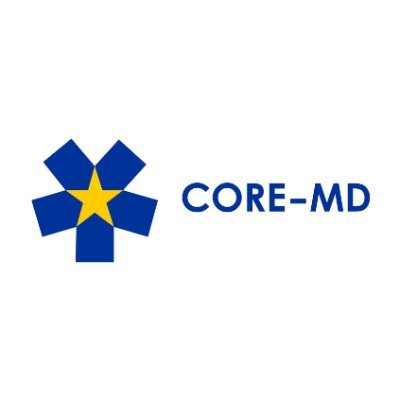EAP BLOG – COVID-19 SERIES (#7) | THE EFFECTS OF THE PANDEMIC ON OUR WAY OF LIFE
January 16, 2018

There are so many talks about coronavirus and COVID-19 around that I would like to speak about something else. I am not going to share the experience of my country in fighting with coronavirus, statistics and peculiarities of national guidelines because the situation is very similar to other countries despite of our differences. At a time when almost everybody is anxious about the future from different perspectives, I want to talk about something positive.
Recently I gave a presentation about psychological aspects of the pandemic and quarantine issues for one webinar and found out that some people have a positive response to isolation. The main factor that they mentioned as a positive was a chance to spend more time with family and close people.
Another positive effect that quarantine brought to my life is more time for everything. A lot of doctors are locked down at homes due to the suspension of everyday medical practice because of repurposing of health system priorities to providing medical care to patients with COVID-19 and some acute conditions only. And I am not an exception. But by working from home and counselling online I save at least 3 hours of time I usually spend on my way to work and back home. Imagine what you can do in additional 3 hours a day – actually a lot. Now I really feel some benefits of remote work. For my country it is also big step forward in terms of developing online education and telemedicine.
There has been a significant explosion of various online resources since the beginning of quarantine. Many organisations have created a lot of online content in attempt to garner attention while a lot of people are locked down at home. This is not just webinars that are related to your specialty and learning. There are an on-line working out, reading, painting, blogging, cooking, 3D sightseeing, traveling and museums visiting available now.
Our environment is also affected in a positive way. This is a sign for us that we forget often that we are not living alone on our planet and our livelihood has a significant environmental impact. Now nature takes some superiority over us and the Earth may restore a bit.
Coronavirus pandemic revealed some disadvantages of the health system as well. This lesson can allow us to learn how to improve our health care in future.
Maybe not everybody shares my positive view, but I strongly believe that coronavirus pandemic brought something good to our lifes and lets us think more about what is valuable for us…
Please stay safe and take care you and your family!
About the author:
Ivanna Romankevych
Ivanna Romankevych, MD, (Ukraine) is member of the Ukrainian Academy of Pediatric Specialties

